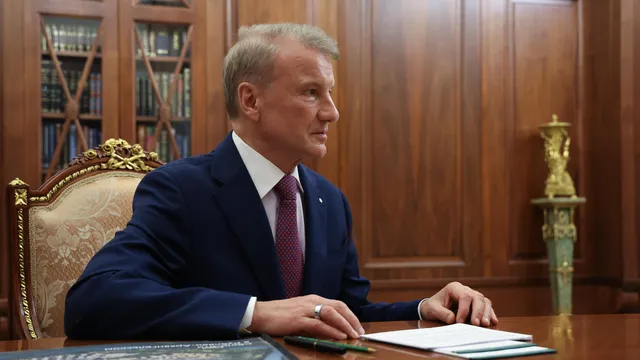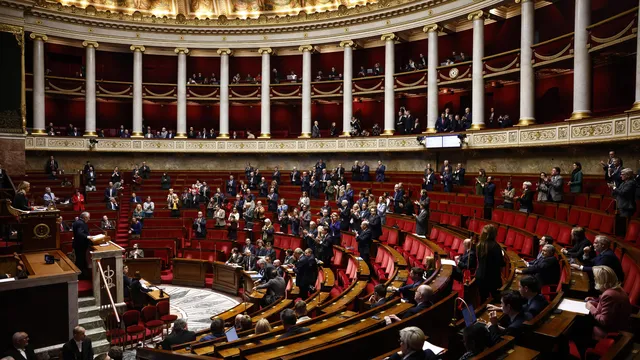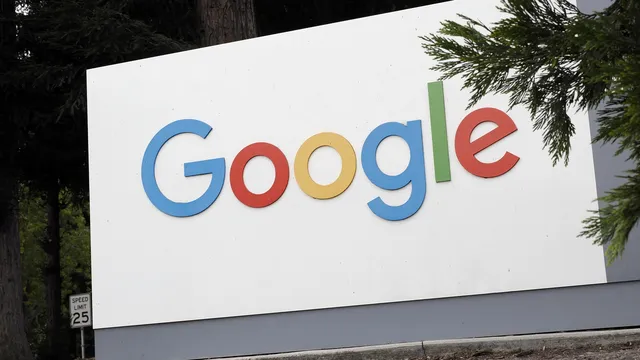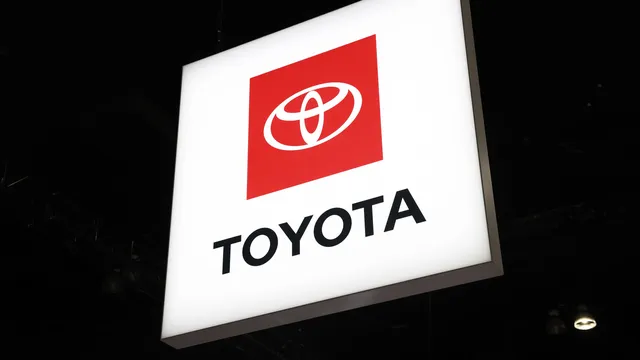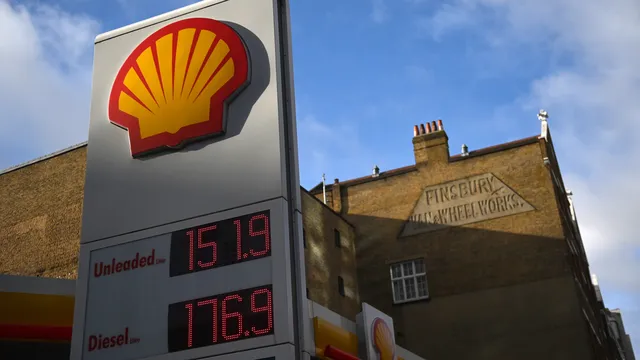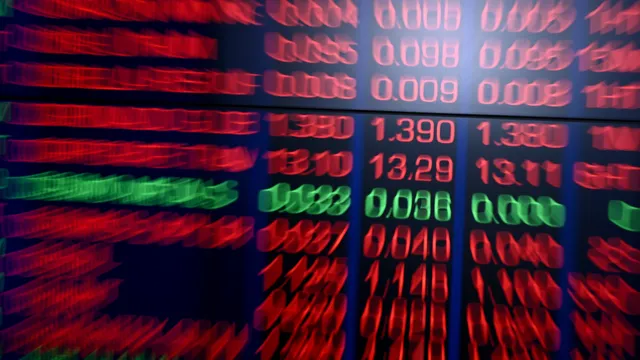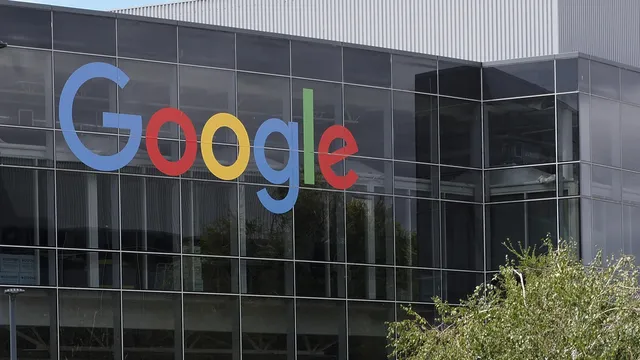Russia's economy slowed sharply in April-June 2025 and is in a state of "technical stagnation," according to German Gref, head of Russia's largest bank, Sberbank, as reported by The Kiev Independent.
"The slowdown continues, as we can see from the growth rates of gross domestic product (GDP). The second quarter can practically be considered a technical recession," Gref said.
"The slowdown continues, as we can see from the growth rates of gross domestic product (GDP). The second quarter can practically be considered technical stagnation," Gref said at an economic forum.
"July and August show quite clear signs that we are approaching zero (economic) growth," he added.
The slowdown highlights the limits of war-driven economic expansion, fueled by record military spending but hampered by weak private consumption and declining civilian investment.
Russia's GDP grew by 1.8% in the second quarter, slightly more than the 1.4% in the first, but significantly below the pace of 2024. The central bank expects growth to slow in the third quarter and reach close to zero by the end of 2025.
The International Monetary Fund (IMF) has already cut its forecast for Russia's growth in 2025 to 0.9%, down from 4.3% last year — the sharpest decline among major economies.
Greff also noted the Central Bank's key interest rate, which currently stands at 18% after two cuts in 2025, and pointed out that it would need to fall to around 12% to create "hope for economic recovery."
The economic slowdown follows a series of warnings from senior officials.
Central Bank Governor Elvira Nabiullina said in June that Russia had reached "the limit of its capacity," while Economy Minister Maxim Reshetnikov said the country was "on the verge of falling into recession."
On September 4, Reshetnikov said Russia was "paying" for inflation and high key interest rates with a "difficult economic situation."
"This can be seen from the macroeconomic indicators. According to our estimates, GDP growth in July on an annual basis was 0.4%. In June, it was 1. In addition, we see that producer inflation has stalled, which is not a very good sign. This indicates that demand is insufficient. Many engineering plants are now underutilized. Some are switching to a four-day work week, others to a full week. Everywhere, they are trying to optimize costs, including labor costs. Obviously, we are not talking about layoffs, but this is an alarming signal for us," he added.
Russia's authoritarian system allows high-ranking technocrats a certain degree of rhetorical flexibility, but only in the economic sphere, noted Russian political scientist Ekaterina Shulman.
"Our autocracy relies on the expertise of capable managers, especially those concentrated in the government's financial and economic bloc," Shulman said.
A June poll by the independent Russian sociological center Levada shows that 58% of Russians cite rising prices as their biggest concern, while only 33% are worried about the war against Ukraine. | BGNES

 Breaking news
Breaking news
 Europe
Europe
 Bulgaria
Bulgaria
